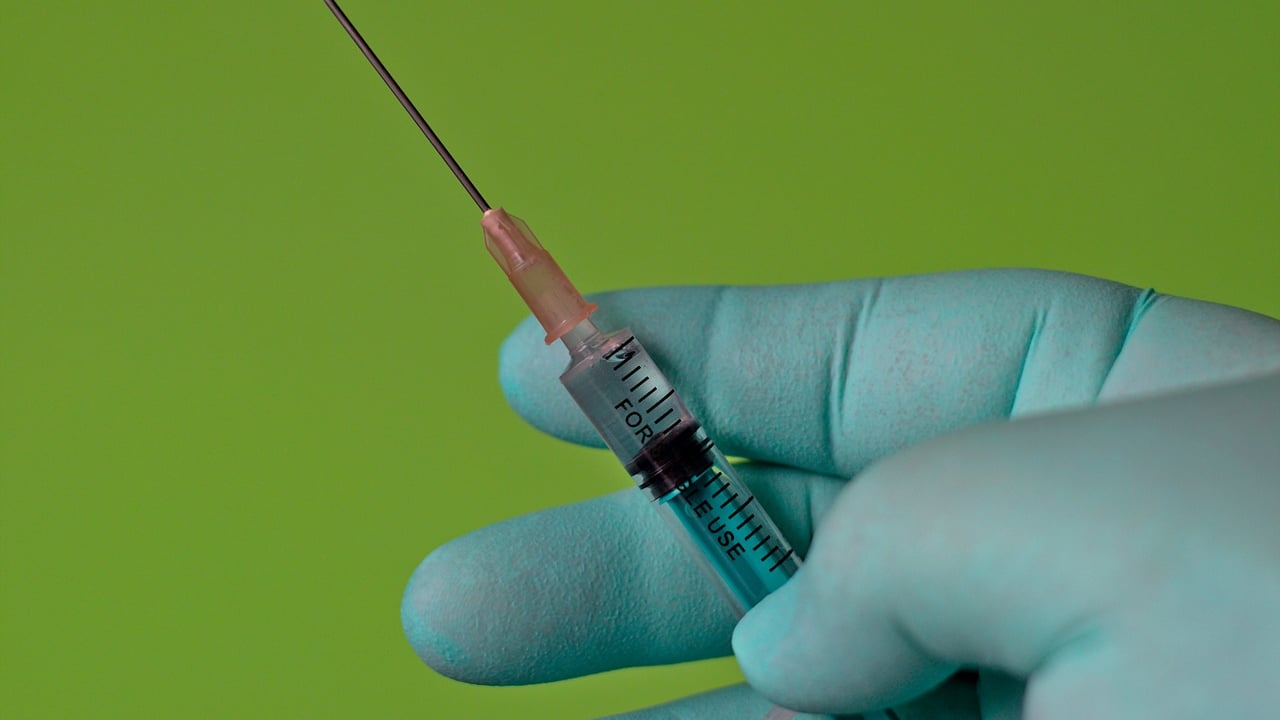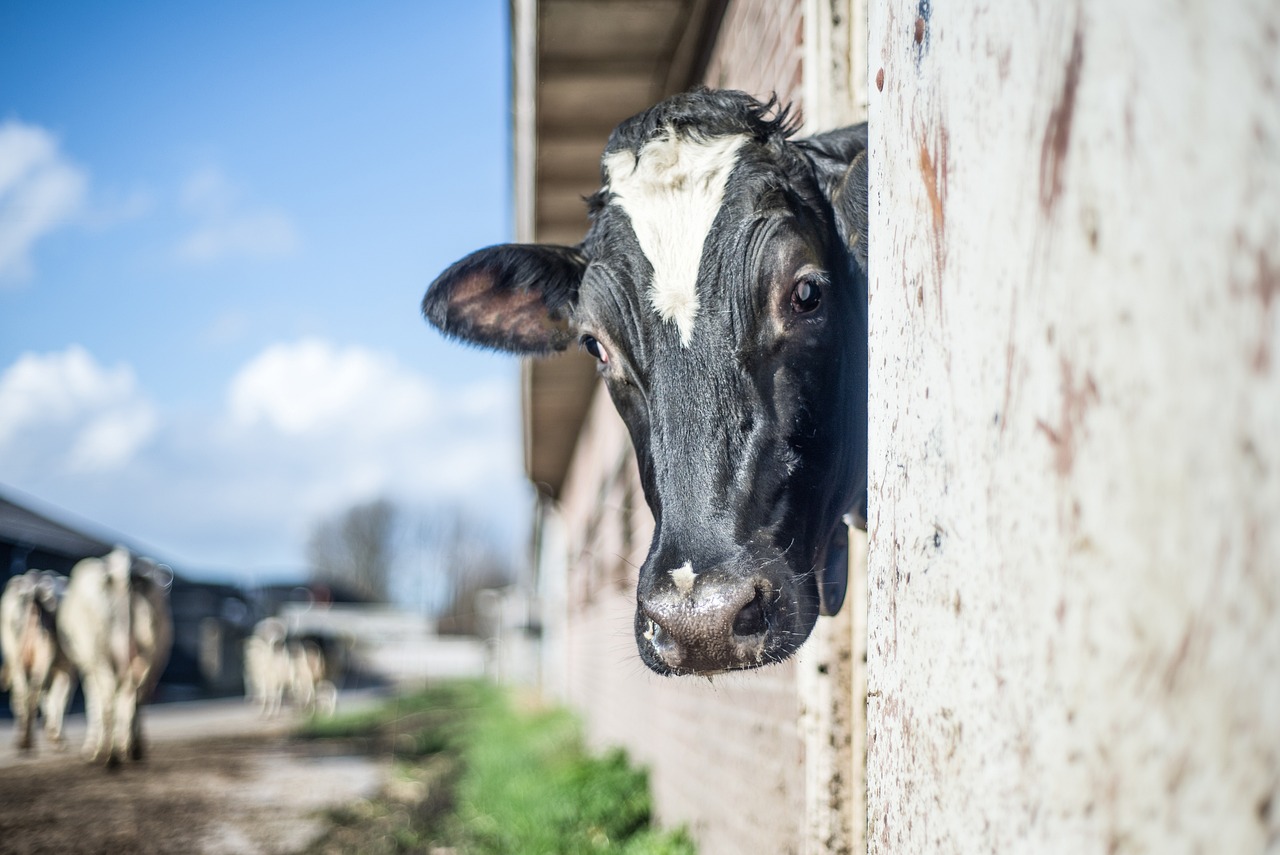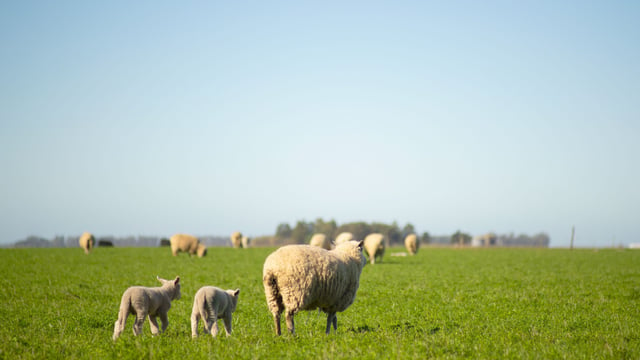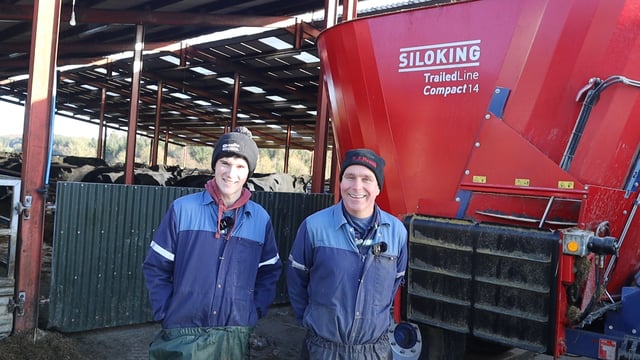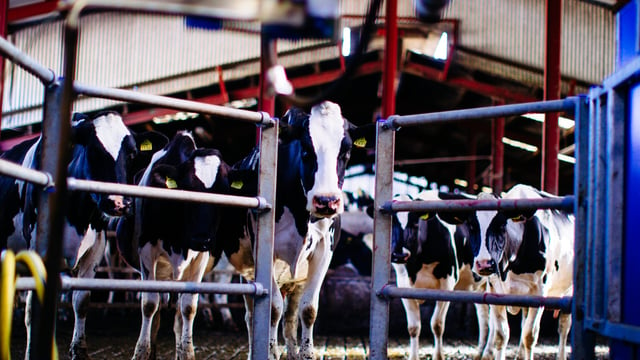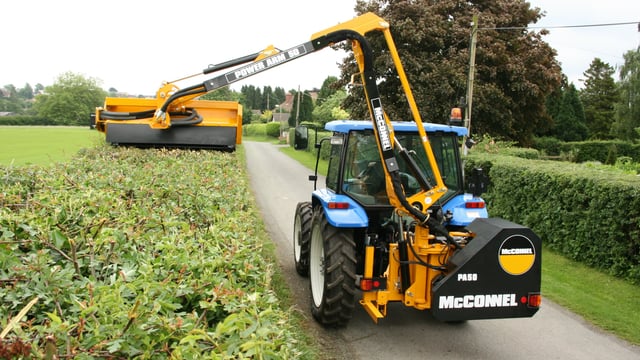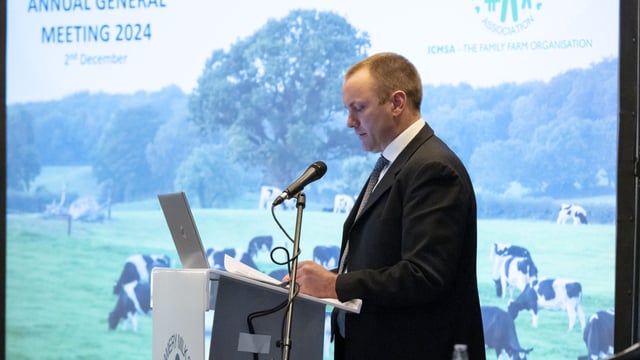DAFM: 'Medication history' of herds may be examined in TB outbreaks
The Department of Agriculture, Food and the Marine (DAFM) has confirmed that a veterinary inspector "may examine the medical register" and discuss with a farmer the medication history of animals in a herd that have tested positive for bovine tuberculosis (TB).
According to DAFM, before a TB test a farmer must ensure all treatments are recorded in the farmers' Animal Remedies Register and "obtain veterinary certification where animals require urgent treatment prior to a test".
In a statement to Agriland DAFM said: "The testing practitioner should always be notified of any medication administered.
"In order to fully investigate a TB outbreak and to ensure there is no delay in removal of reactors, a veterinary inspector may examine the medical register and discuss with the farmer the medication history of the bovine animals in the herd."
TB
The level of TB in Ireland has been rising since 2017 and there are now concerns that the number of TB reactors could hit more than 60,000.
It is understood that between February 11, 2024 and February 9, 2025, the number of reactors stood at 41,318.
By comparison, in the period from February 12, 2023 to February 11, 2024, there were 29,194 reactors.
The herd incidence rate stood at 6.03% on February 9, up from 4.92% almost a year previously.
It’s understood that the number of herds restricted in the period from February 11, 2024 to February 9, 2025 was 6,143.
The Independent Ireland TD, Michael Collins, raised the plight of farmers whose herds have come down with TB in the Dáil earlier this month.
Deputy Collins described current TB numbers across the country as "a crisis".
"Farmers are telling me that they are emotionally stressed and financially stressed.
"Their cattle are going down in the yard.
"There has to be an answer to this crisis that has taken 41,000 cattle from the yard in the past 12 months and left no answers to farmers," the TD for Cork South-West said.

